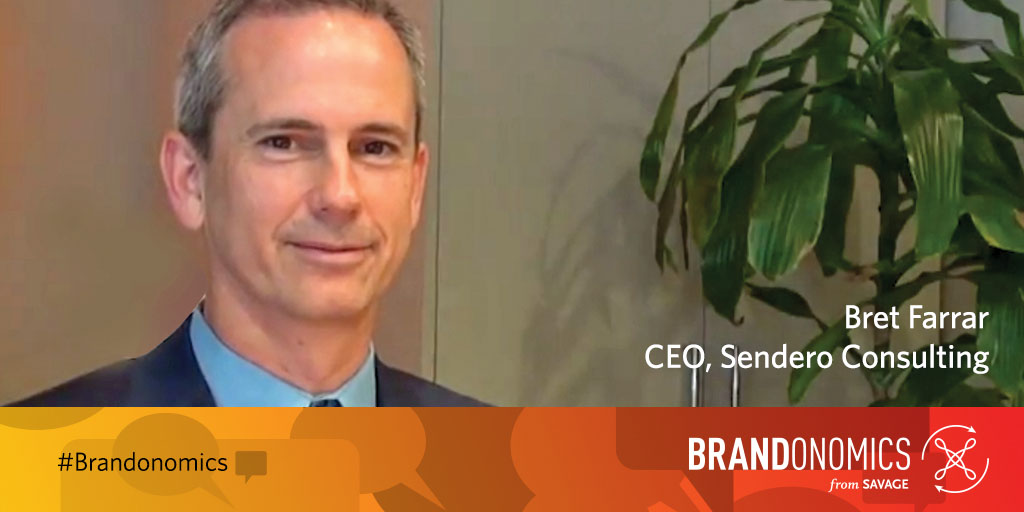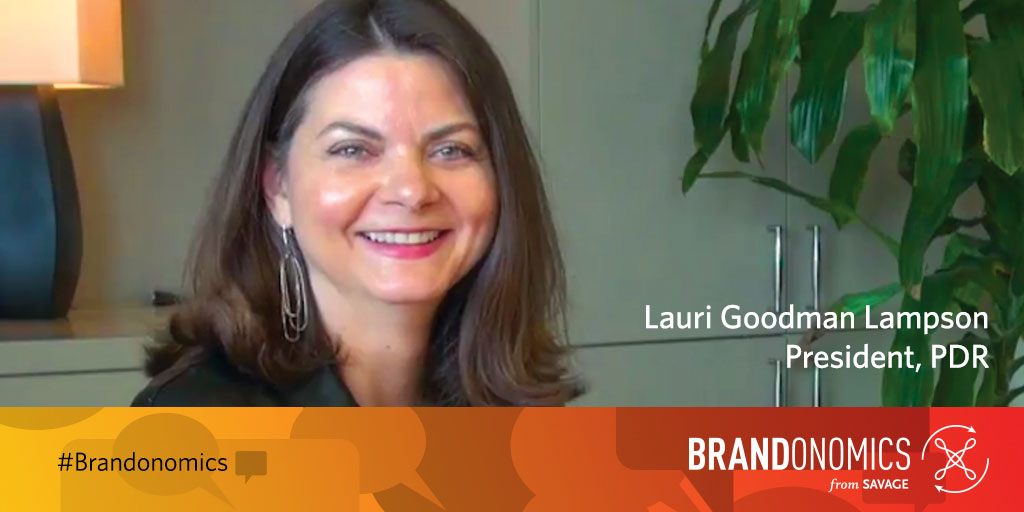Core values are important. Can your company articulate yours?
The CEO and founding partner for Sendero Consulting visits with Savage’s Bethany Andell to talk about the importance of having strong core values, and then demonstrating them everyday.
“How to Love Every Monday” at the HR Houston Gulf Coast Symposium on HR Issues
Inspired people engaged to work together towards a common purpose. That’s what you’ll get at the 2017 HR Houston Gulf Coast Symposium, Savage will be on hand to help you “Stand Out” with our hosted Unique Session. These interactive sessions offer the opportunity to personally participate and walk alway with greater learnings.
How a great workplace environment will help you recruit the best talent
If you want to attract and hire good talent, your workplace user experience will be a factor. Bethany Andell continues her discussion with Lauri Goodman Lampson, president of PDR, a workplace consulting and design firm.
Inspire the behaviors you want in your workplace and build on your values
It’s a new world out there and the way we work is changing. Today’s workforce does not need a “warehouse,” it needs a “hub” of connections and collaboration. What’s a leader to do? Savage’s Bethany Andell asks Lauri Goodman Lampson, president of PDR, a workplace consulting and design firm.
Maximizing energy from your employees with a more purposeful workplace experience
How do you get maximum energy from your employees? Is it about purpose, and where does strategy fit in? If you’re doing it right, it all works together as it connects and inspires. Savage’s Bethany Andell chats with Lauri Goodman Lampson, president of PDR, a workplace consulting and design firm.
Our Purpose
We’re creators. We’re dreamers. We’re shapers and shakers. We’re high-five collectors and truth slingers. We’re believers in a better world. We are Savage Brands.
Women Making Positive Impact on the Energy Industry
In January at the World Economic Forum in Davos, Facebook’s COO Sheryl Sandberg proclaimed, “Men still run the world…I’m not sure its going that well.”
When to Ask: Why Not?
As a company, Savage has been reading thought-provoking books and discussing them together, talking about how their insight might apply to our work. We recently finished Start with Why by Simon Sinek, which encourages people to take a step back to understand why we do what we do.
Everyone is CEO of something: Surprising inspiration from a valve company
I recently went to a client kick-off meeting with MOGAS Industries, a valve company that we are consulting for. It was a rainy, dreary day when we pulled up to a bright and welcoming campus.
Brand Advocates: A Tale of Two Car Dealerships
Recently, I had the privilege to see a company whose brand advocates inspired action and loyalty. My husband and I were in the unenviable position of being in dire need of a new car, the old one having finally given up the ghost. Our search took us to two dealerships – one we had been attracted to by radio commercials promising unbeatable deals, and one that had been recommended to us for the positive experience of working with them.



